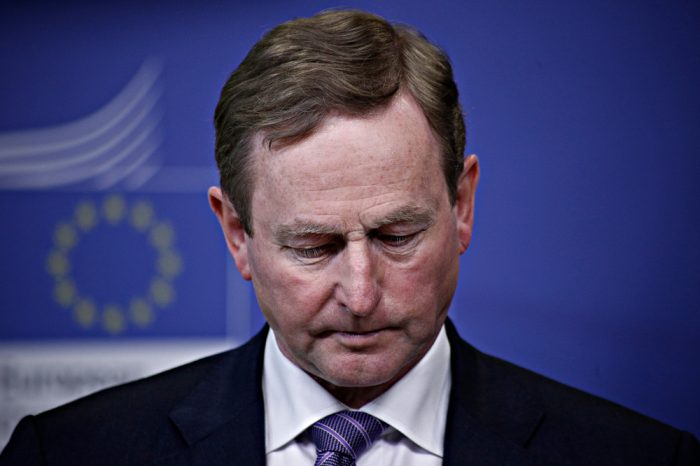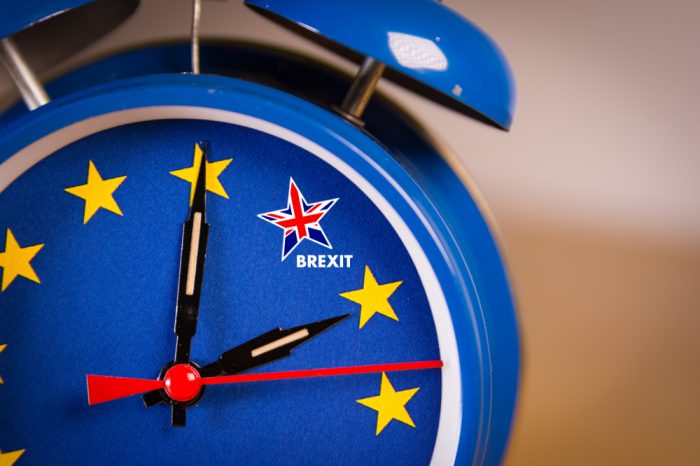A report on the Battle for Britain – May 2015
With the publication of the Referendum Bill, and David Cameron’s visits to other EU countries taking place, some features of the referendum are already obvious.
As expected, David Cameron’s reform agenda is minimalist. Clearly his aim is to produce enough, or just enough, changes to proclaim his reforms a success but, at present, this seems unlikely. They will be too weak.
The opposition, in the shape of the SNP and Labour, have shown no capacity at all to discuss the issues on the referendum and are, effectively, sidelined. The SNP has not even wanted even the Cameron minimalist agenda and is concentrating on such minor issues as wanting EU citizens and 16-17 years old included in the voting. Labour seems to be trailing in the wake of the SNP and is absorbed in its own internal leadership election. They saw no reason to have a referendum and have been wrong-footed!
It seems to be conceded on both sides that party politicians will play a smaller role than in 1975. Salmond has said the pro-EU side should be non-party and many withdrawalists think the same should be the case. However, some politicians are too ambitious to forfeit the limelight.
Conservatives are, in any case, paralysed. They are waiting for the results of David Cameron’s reforms and are, in the meantime, avoiding any debate on fundamental issues.
In this void, there has been a spate of speeches by businessmen pressing for the UK to stay in the EU. On examination, these are actually speeches in favour of staying in the Single Market and never address the political issues.
Some attention should be directed to the polls which are alleged to show an increase of support for staying in the EU. However, what matters is the voting intentions of those who actually vote. Referendums generally have a lower turnout than general elections but this, of course, cannot be counted on. Clearly, the pollsters understated the weight of the over-60s’ votes in the general election. This block is far the most eurosceptic and has, of course, experienced the results of giving the politicians a blank cheque in 1975.
Finally, it is notable that two pro-EU themes seemed to have been thoroughly discredited and disappeared from the proEU argument. One is the ‘three million jobs’ argument and the other is that ‘Norway and Iceland have to obey fax democracy’. Bereft of these two themes, it is noticeable that no new facts and no new arguments have been put forward by the proEU forces.








